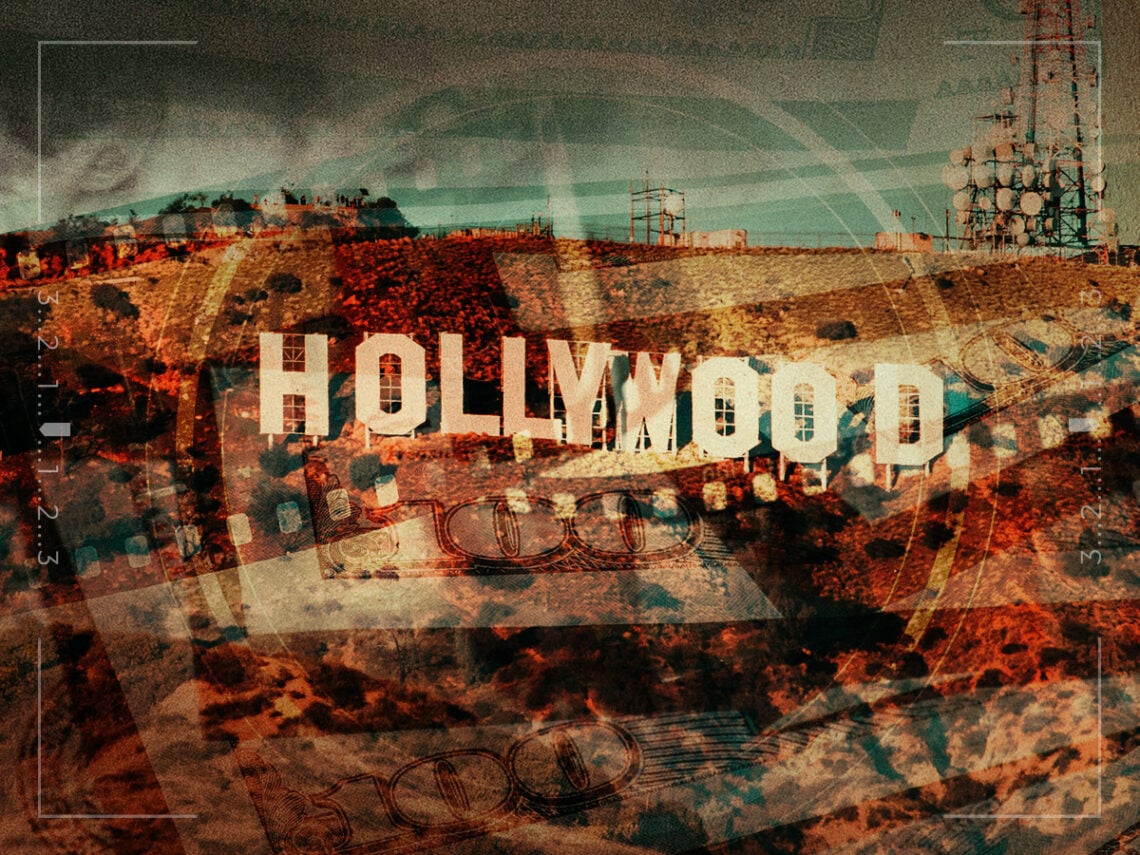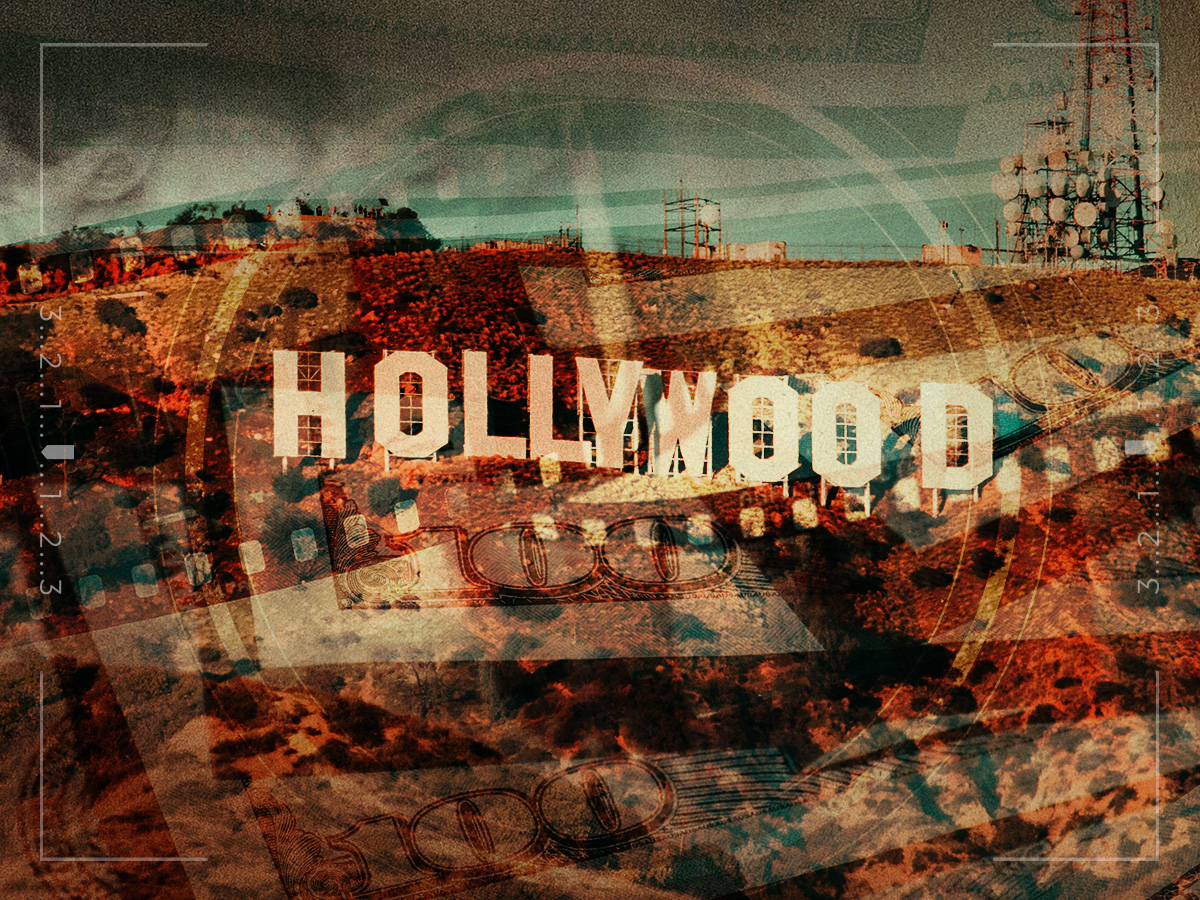
(Credits: Far Out)
Mon 25 August 2025 20:45, UK
It’s one thing to say you’ve appeared in the first movie to make over $1 billion, but how many people can say they’ve appeared in the second-ever film to gross $1 billion, as well?
As it turns out, only one actor can say this. These days, movies that gross over $1 billion are more common than ever before, perhaps because the cinematic landscape has evolved to feature more blockbusters and franchises that appeal to a large audience. It’s a depressing state of affairs – indie cinema isn’t able to thrive in this market-based film economy where the bigger, the better. So many amazing films that we herald as classics, from Halloween to Pulp Fiction, would significantly struggle in today’s cinematic climate, where advertising gimmicks and star power overpower genuine artistry.
The popularity of the Marvel Cinematic Universe, which began in 2008 with Iron Man, is a testament to Hollywood’s current prioritising of action and legacy. It’s the kind of cinema you don’t have to think too hard about, and while that’s totally OK – sometimes it’s nice to switch off and enjoy something that doesn’t make you question the meaning of life – the fact that these kinds of films dominate the box office rather than interesting movies made by filmmakers with bold ideas is undeniably disappointing.
Who is to blame for these pesky billion-dollar movies that we just can’t seem to escape? Interestingly, it’s the New Hollywood boom of the ‘60s and ‘70s – which featured a move away from studio domination and towards more auteur-driven movies – that accidentally led to the switch back to studio control. What was meant to be a revolutionary moment in cinema led to the very thing it was trying to escape from. Movies like Jaws and Star Wars paved the way for the blockbuster, and before you could say, ‘you’re gonna need a bigger boat’, the ‘80s was dominated by sequels and franchises from the likes of George Lucas, Steven Spielberg, and James Cameron.
The latter is the one responsible for the first ever movie to earn $1 billion, but I can’t even be mad at him. It’s a great film. In 1997, Titanic emerged and instantly became a cultural phenomenon. Celine Dion’s ‘My Heart Will Go On’ was inescapable. People wanted Leonardo DiCaprio’s floppy hair – or just him. Everyone suddenly romanticises the idea of a great tragedy, as reflected in the copious amount of tickets sold to watch the disaster play out on the big screen.
So, who was the actor to appear in both of cinema’s first billion-dollar movies?
The movie starred Bernard Hill as Captain Edward J Smith, who sank with the ship on that fateful night.
The actor had started his career in the 1970s, making his debut performance in Mike Leigh’s social realist television play Hard Labour. His foray into cinema was fairly modest, although he did appear in the likes of Gandhi and Shirley Valentine. Yet, when he landed the role in Cameron’s epic blockbuster, he took an unprecedented leap forward into the arms of Hollywood success.
Just a few years later, with the mega success of Titanic under his belt, he got the part of King Théoden in The Lord of the Rings: The Two Towers. He reprised the role in The Lord of the Rings: The Return of the King a year later, and this allowed him to set the record as the only actor to appear in both the first billion-dollar movie and the second. I bet he felt like he’d won the cinematic lottery.
The movie holds a box-office gross of $1.138 billion, while Titanic currently sits at a whopping $2.264 billion. That’s an incredible amount of money, and it’s no wonder blockbusters have become such a huge phenomenon in the wake of these films; studio moguls know that movies can rake in an unbelievable sum if they strike the right chord, and they’ll gladly line their pockets with the profits.
Related Topics
